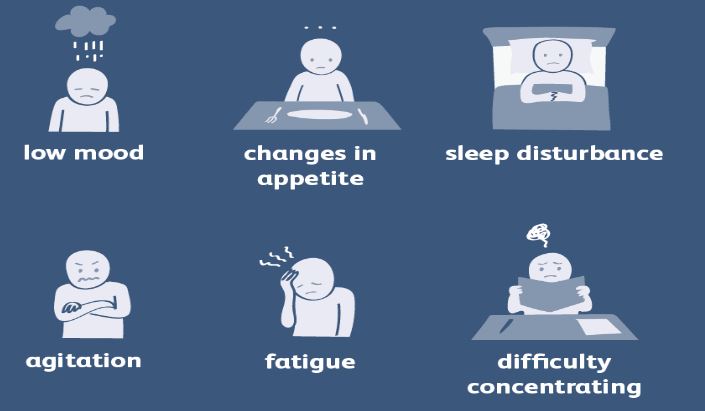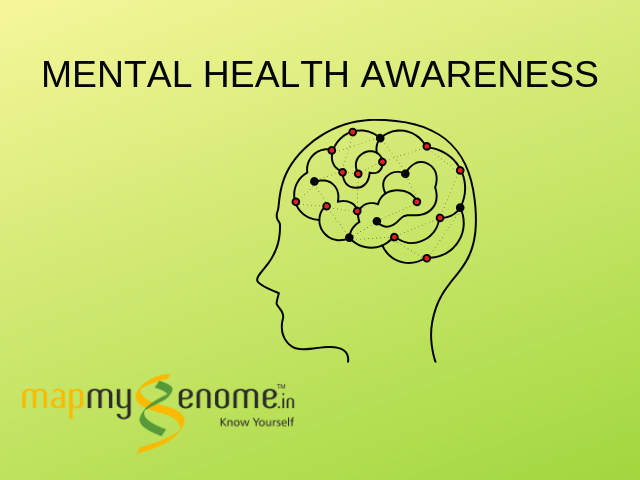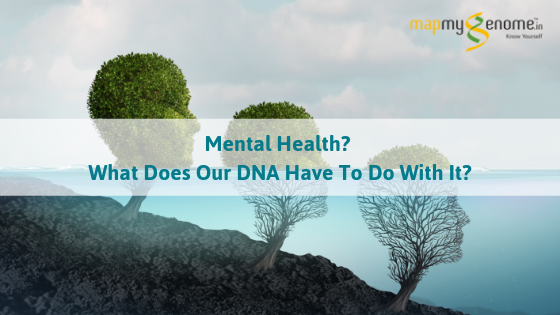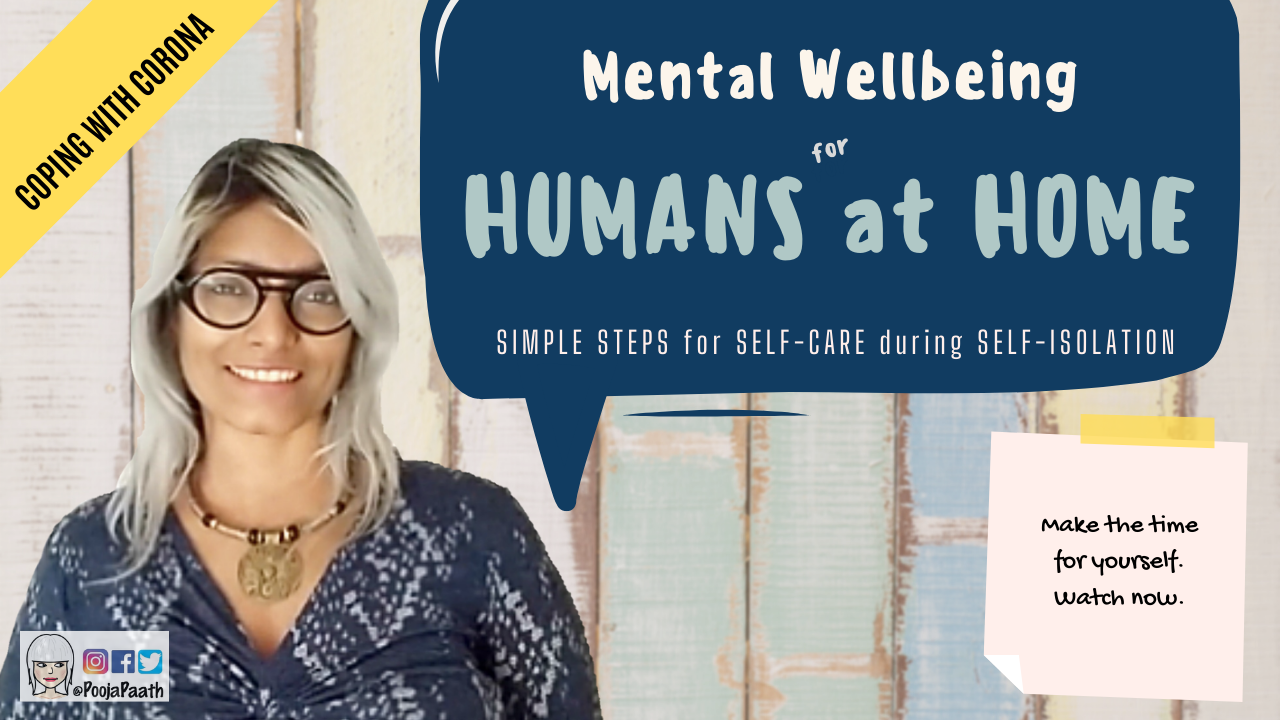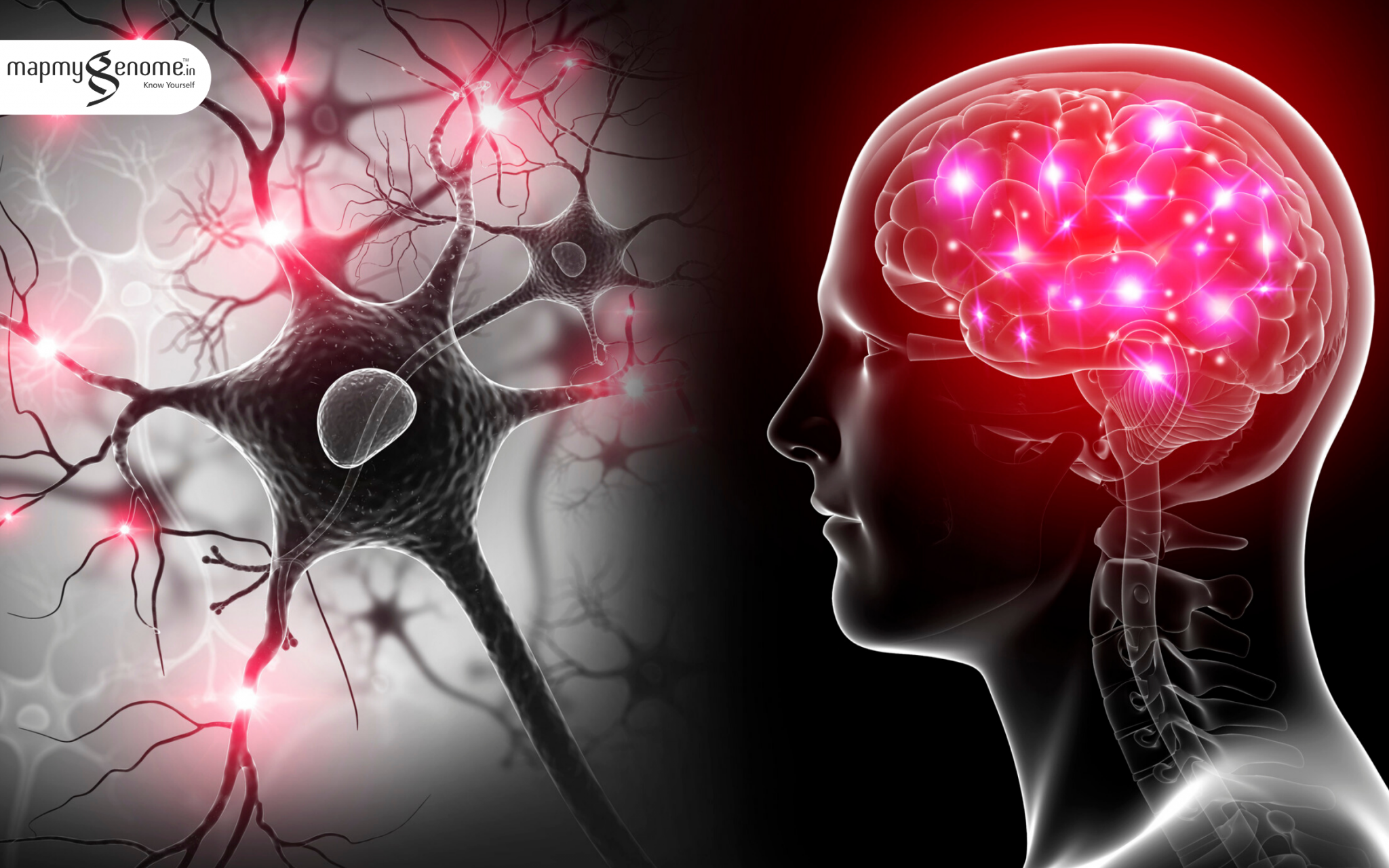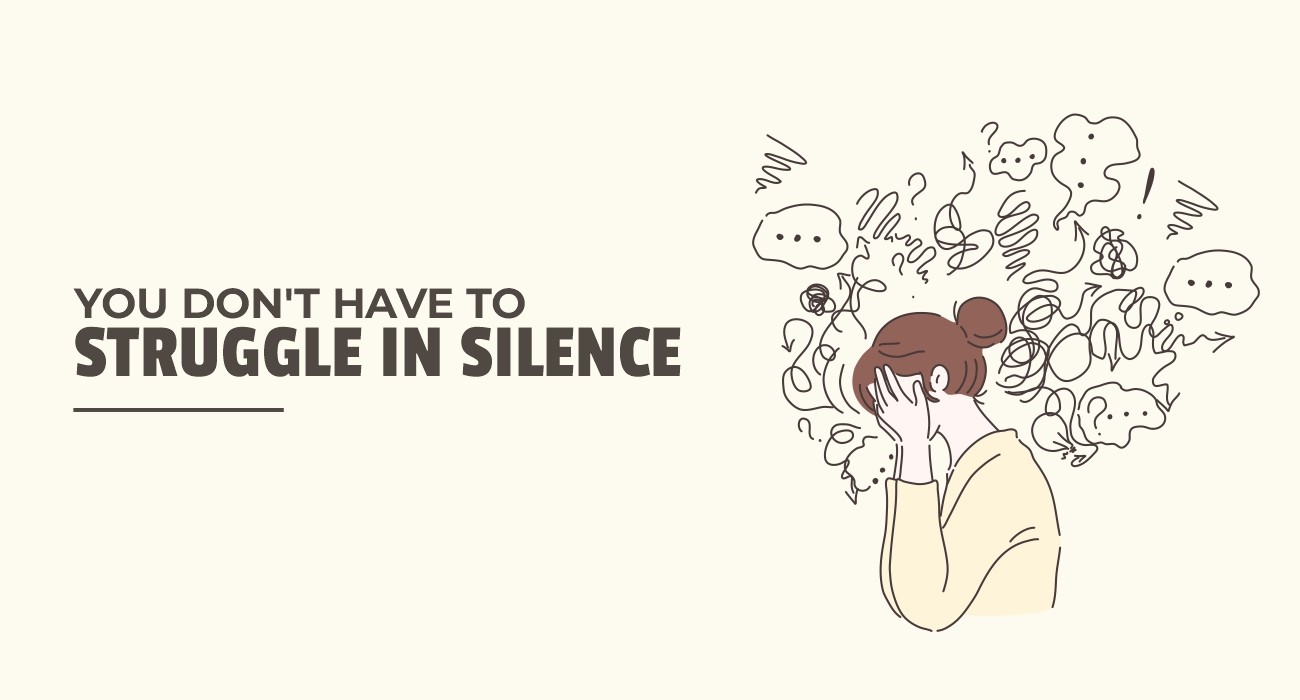
One moment I was happy. And then I was depressed. Today I finished all my work before the deadlines. Today, I was unproductive. I was dancing to my favorite track in the morning. At night, I can no longer feel my legs. Yesterday I went out with my friends and had a fantastic time. Today, I am hiding in the corner of my room, crying.
This could be me, this could be you, this could be any one of us. Because this could be your mental health. It can affect your mood, thoughts, and behavior. And depending on how you treat it can make your life happy or miserable.
The mental pandemic
Even before the COVID pandemic in 2019, approximately one in eight people globally were living with a mental disorder. Around 28% increase has been seen in the case of major depressive disorders after the pandemic has set in. Even though many treatment options and prevention methods are available for mental disorders, why are the statistics going up at such alarming rates? There are two major reasons. One, most people do not have access to effective care, and two, the age-old stigma that revolves around mental disorders, which pulls back many to seek help.
“Mind” your own business
The first issue has to be tackled by the country's decision-makers but to tackle the second cause you have to become the decision-maker. For that, you need to know what is going on in your “mind”.
Mental disorders can present in different ways. Anxiety, Depression, Bipolar, Post-Traumatic Stress Disorder, Schizophrenia, Eating disorders, Disruptive behavior and dissocial disorders, and Neurodevelopmental disorders. Although these types and their subtypes have different clinical manifestations, their symptoms are overlapping. Lookout for the following:
- Excessive fear and worry
- Mood fluctuations (sad, irritable, empty, OR increased activity or energy)
- Loss of pleasure or interest in activities
- Euphoria or irritability
- Hallucinations
- Cognitive impairment (difficulty concentrating, focus, low memory, etc.)
- Excessive anger
- Suicidal thoughts
- Sleep disorders
Apart from having suicidal thoughts and hallucinations, most of us may face other symptoms from time to time when dealing with different situations in our life, especially stressful ones. Now that is normal. But if they are persistent and so severe that they interfere with your day-to-day life and peace of mind it's no longer normal and definitely needs your attention.
But why me?
Now why you may be feeling so or why you may be at risk of developing a mental illness can have multiple reasons. Just as important as it is to know your symptoms, it is even more important to identify the causes, because that insight is an inevitable factor in properly addressing and rightly diagnosing your condition. They could be one or more of the following:
- Loss of loved ones or grief
- Traumatic events such as war or calamities
- Loneliness/ isolation
- Discriminated against caste/ color/ social status etc.
- Separation or bereavement
- Chronic illnesses
- Chronic stress (Job, relationships, financial problems)
- Substance abuse
- Neurological disorders
- Genetics
With advancements in diagnostic tests, medications, and therapies, many treatment plans have been successfully developed. Mental health experts are available both offline and online around the world to listen to you, guide you, and help you get your mind back on the right track. So leaving aside the last two causes from the above list, make sure that you are completely open about the other factors to your healthcare provider. They can help you understand your issue and provide a plan that suits you the best.
Having the “right” thoughts!
Prevention is always better than cure. That applies to mental illnesses as well. Make a note of these simple practices and add them to your to-do list:
Food for thought: A healthy mind dwells in a healthy body. Focus on having brain-boosting foods such as fatty fish, coffee, dark green leafy vegetables, berries, nuts, and seeds. You may also include dark chocolates, chamomile tea, green tea, etc., to help reduce your stress. You may ask your healthcare expert for the right nootropic supplements for your brain.
Challenge your brain: Regular physical activity helps keep your body fit. Similarly, a regular dose of smart-brain activities will help keep your brain active and healthy. Engage in Chess, Rubik’s cube, Sudoku, Crossword puzzles, or any hobby or activity to keep your brain sharp.
Connect with others: A small message, a short call, a day out with your friend, or a big trip with your loved ones. Always stay connected with people or that one special person that keeps you happy. Share your thoughts and feelings with them rather than keeping them within yourself.
Breathe away the stress: Deep breathing, meditation, yoga, aromatherapy. Make time to engage in any kind of relaxation technique regularly. Don't find them relaxing? Sing, dance, paint, cook, run!! Just find one that works for you.
Stay away from the baddies: Whether it be alcohol, smoking, or any kind of drugs, none of these are recommended if you want your mind and body healthy. So be mindful and stay away from addictive substances.
Predictive tools: Now since your genetics do play a big role in this, figuring out your genetic susceptibility to developing a mental illness is ideal. With emerging technologies in genetics, this is now possible. You can do a preventive genetic test if you have a family history of any mental illnesses, or would like to simply know if you are at risk,
Your brain is a part of your body just like your heart, liver, kidneys, or others. An integral part to be precise because more or less your brain control’s majority of your body’s function! But whenever there is any physical illness you rush to your doctor and get it treated. Then why the hesitation when it comes to the most important one? Well, it's the 21st century so let's hesitate no more. Break the stigma and reach out for help. On this World Mental Health day, let's take a pledge to “Make Mental Health & Well-Being for All a Global Priority.”
Integrating preventive genomics solutions to your mental health plan
Mapmygenome’s preventive genomics solutions, like Genomepatri, BrianMap can be used as supportive solutions to understand your genetic susceptibility to neuropsychiatric conditions like schizophrenia, bipolar disorder, etc. Being able to examine your genes to look for mental health risks offers a whole new level of mental health care.
Reach out for help:
Visit https://www.thelivelovelaughfoundation.org/helpline for helpline numbers
Visit http://healthcollective.in/contact/helplines/ for helpline numbers in India
Visit https://www.mentalhealth.gov/get-help/immediate-help for mental health support and guidance
Visit https://mapmygenome.in/ to explore preventive genomic tests to assess your risk of developing mental illnesses. If you have a family history of any mental illnesses or would like to know if you are at risk of developing one, talk to the expert genetic counselling team on board and take the necessary actions.
Reference:
Title quote by Demi Lovato
https://www.who.int/news-room/fact-sheets/detail/mental-disorders
https://www.mind.org.uk/information-support/types-of-mental-health-problems/mental-health-problems-introduction/causes/
https://www.health.harvard.edu/healthbeat/foods-linked-to-better-brainpower


